Students have great insights of our teaching and lessons. I have worked this year to actively seek out feedback from my students and ask them to reflect on my teaching and their learning. While this has the potential to open myself up to some sharp criticisms, I have received a great deal of both positive and constructive feedback. The reflections have also provided me insights as to how students ‘make meaning’ of the lessons, how they incorporate it into their existing schemas, and how new information is applied to their learning and lives.
Three factors affect the success or failure of this process: the structure of the question(s) being asked [Nature], the expectations of what appropriate responses should ‘look like’ [Quality], and the teacher-student relationship [Trust].
I have used experiential learning reflection questions to structure many of my questions. I never ask more than 3 questions – usually only 1-2 so that students take the time to give thoughtful, quality responses.
Some questions I have used include [understand there is a greater context for some of these questions]:
- How did this unit prepare (or not prepare you) for using the Unit #1 course content outside of the classroom? (2-3 sentences)
- How does this project affect your understanding of what people do and what people SHOULD do in the field?
- As a result of this project, what did you learn and how will you apply it in your future work/career?
- How do you see this unit/project/experience changing how you might do your job?
- If you were to share this information with the identified audience, how do you think it would be perceived? If you were to receive resentment/hesitation/push back to adopt, how would address those emotions/attitudes to persuade your audience that this is the best course of action/information?
- Part(s) of project that should be adapted or adjusted:
- How did this project change your feelings/attitude/approach about/to research and the research process?
- As a result of this unit/project, what did you learn about yourself and how you learn/work academically? If what/how will you change your actions or habits to be a more effective learner in the future?
Course Content & Teaching Feedback:
- Any feedback, suggestions, content, or comments on this unit? Content to keep? Content to delete? Changes?
- What feedback would you like to provide on this week’s lessons/content? (What was Good? What needs Improvement? What changes would you suggest to make lessons more effective?)
- What did you ‘get’ out of this week’s lesson(s)? What questions still linger?
- Open Feedback / Thoughts to share regarding Unit ___: (don’t leave me blank!)
I talk explicitly in class about the use of the “quiz” feature in Moodle, the kinds of questions I am asking, the reasoning behind why I am asking these questions, how I intend on using the gathered information, and how they will be graded. I explain to students that I want feedback both on their perceptions of the lessons as well as what they ‘got out’ of the week’s course content. I explain that this helps me understand what went well and what changes I need to make in my own teaching and course content, as well as evaluate if they ‘got’ what I intended teach. I grade these responses as credit or no credit, under the understanding that their answers should reflect the same level of quality effort as other academic assignments. I also iterate that I welcome constructive feedback that helps me improve myself as a teacher, and that there will never be retributions for providing feedback that may be construed as critical/’needing improvement’.
This process has granted me feedback that I might not otherwise receive until after the end of the semester. I have been able to go back and cover aspects of a lesson that students “missed” or didn’t get — and they helped identify these content areas for me in these reflections. I have a much better understanding of the strengths and challenges for my students. And, most importantly, I have been able to build relationships and trust with my students – with feedback loops and conversations moving from online reflections and continuing into our class sessions.
Below is a selection of questions I have asked students and their responses. All identifying information has been removed.
What are your top “Take Away’s” from this week’s ENG111 classes? (Week 1)
My top take away is to know where your information is coming from. Is it true or false, is it credible.
You should know who your audience is, what the purpose of what your looking into is.
What feedback would you like to provide on this week’s lessons/content? (What was Good? What needs Improvement? What changes would you suggest to make lessons more effective?)
I have no complaints. I actually enjoy your class as well as the structure (I use that term loosely lol) and overall teaching style that you have. I would how ever like some additional feedback on an individual level. For example, I really like to use a sense of humor in my writing and I am not always the best at turning that off. so in your opinion, should I stop doing that? should I work more on my grammar (please don’t think that I am asking you to be a “grammarian”)? Is there words or wording that I over use? I am partly worried about this due to our project one draft being due this coming week.
It was very useful to practice fact-checking together in class, helping me to be more sure about doing each step.
Sometimes people talk a bit loudly when you’re giving instructions, making it difficult to hear what you are saying. You are good at explaining the directions and referencing your GoogleDocs instructions for further instructions. The Plickers warmup is good at getting my brain to start working.
What are your top “Take Away’s” from this week’s ENG111 classes? (Week 2)
Sources and citations are not always credible, and blindly accepting things as truth or falsehoods simply because a source is given is not a very good way to evaluate information. More than a basic filter is required to be well-informed.
My take aways of this week is do not trust any headline you see and make sure the source is legit and research.
Not at any fault of your own, but this week is kind of a blur to me since I have been so distracted. But if I had to say, my top take away would be a split, you could teach a great conspiracy theorist 101 class and that there is a lot more going on in a news article than what I would have ever thought.
I learned what our Project #1 assignment is about. I learned that your kids are quite amusing. I learned that detecting fake news can be tricky at times. I picked my topic article for Project #1.
How to enhance my thinking skills, to critically and the rhetorical situation in my daily reading and my life. Plus I got more help, about the internet and how to fact check stuff, and I do use it. Thank you, for your help with understanding and tools.
We have now reached the end of Unit 1 – Rhetorical Analysis. Reflecting on the past three weeks, what concepts/content do you see yourself using/applying in ‘real’ life and in your future career? (2-3 sentences)
The main things that I see myself applying in my day to day life are the process of fact-checking and making sure the sources I am taking information from are credible and unbiased. This will also help me in my future career because if I am writing about a topic, I want to make sure I am not using misinformation that will decrease my credibility.
I see myself using media fact check. I also like knowing I can figure out if an article is fake or not that will now change what I share on facebook and all my social media. I don’t want to share fake news and stuff like that anymore.
The ability to evaluate sources, their intent, and their credibility will definitely be very useful in the years to come, as well as the skills concerning critical conversation skills. I have actually already applied them to my life, but in a rather personal way that has connections to why I am turning in this quiz at 4am, a circumstance I apologize sincerely for.

